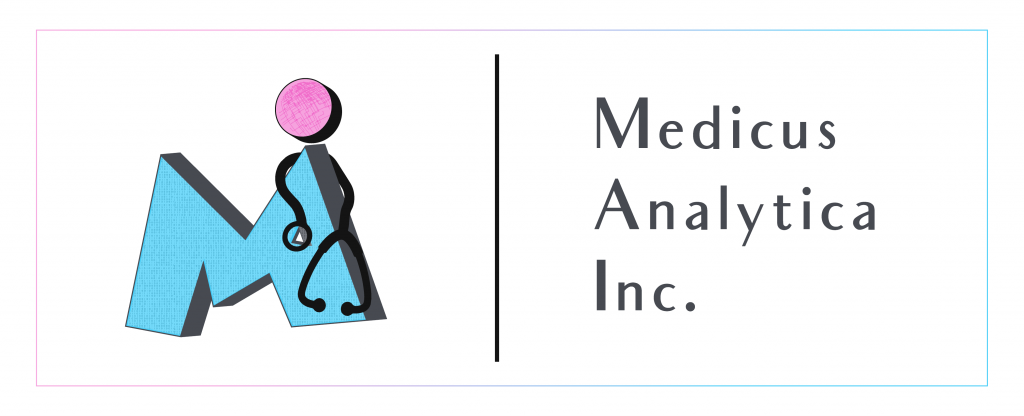Mental Health
Understanding Major Depressive Disorder
Introduction
Major Depressive Disorder (MDD), often just called depression, is more than just feeling sad or having a bad day. Instead, it’s a complex mental health disorder that affects millions worldwide. Therefore, this article aims to offer an educational insight into MDD, its symptoms, causes, risk factors, and the various treatment approaches available.
What Is Major Depressive Disorder?
Firstly, Major Depressive Disorder (MDD) is a severe and persistent mood disorder characterized by episodes of intense sadness, hopelessness, and loss of interest or pleasure in nearly all activities. Moreover, these episodes typically last for at least two weeks and can significantly impair one’s daily functioning. Consequently, it’s crucial to recognize the symptoms early and seek appropriate treatment.
Symptoms of Major Depressive Disorder
Furthermore, individuals suffering from MDD may experience a wide range of symptoms that affect their physical, emotional, and cognitive well-being. Here are the most common ones:
Emotional Symptoms
-
Persistent Sadness: Feeling down, hopeless, or pessimistic for prolonged periods.
-
Loss of Interest: Diminished pleasure in activities once enjoyed.
-
Feelings of Worthlessness: Intense self-criticism or guilt.
Physical Symptoms
-
Fatigue: Persistent tiredness or low energy levels.
-
Sleep Issues: Insomnia, early morning awakening, or excessive sleeping.
-
Appetite Changes: Significant weight loss or gain due to appetite fluctuations.
Cognitive Symptoms
-
Concentration Issues: Difficulty focusing or making decisions.
-
Suicidal Thoughts: Recurrent thoughts of death or self-harm.
-
Psychomotor Agitation/Retardation: Restlessness or slowed movement/speech.
Behavioural Symptoms
-
Social Withdrawal: Avoiding friends and family.
-
Reduced Productivity: Struggling with work or school responsibilities.
Causes and Risk Factors
Moreover, the exact cause of MDD is not entirely understood. However, several factors can contribute to its development:
Biological Factors
-
Genetics: Family history of depression increases the likelihood.
-
Neurotransmitter Imbalance: Dysregulation of serotonin, norepinephrine, and dopamine.
-
Hormonal Changes: Pregnancy, menopause, or thyroid problems.
Psychological Factors
-
Personality Traits: Low self-esteem or overly dependent.
-
Cognitive Biases: Persistent negative thought patterns.
Environmental Factors
-
Traumatic Experiences: Abuse, neglect, or significant loss.
-
Chronic Stress: Financial problems, work pressure, or strained relationships.
-
Substance Abuse: Alcohol or drug misuse.
Types of Depression
In addition, depression manifests in various forms, some of which are classified separately due to their unique characteristics:
-
Persistent Depressive Disorder
Also known as dysthymia, it’s a chronic form of depression lasting for at least two years. -
Postpartum Depression
Occurs in women after childbirth, involving significant mood swings and fatigue. -
Psychotic Depression
Depression accompanied by hallucinations or delusions. -
Seasonal Affective Disorder
Triggered by seasonal changes, usually during winter. -
Bipolar Disorder
Involves episodes of depression and mania. -
Disruptive Mood Dysregulation Disorder
Typically diagnosed in children and adolescents who experience severe temper outbursts. -
Premenstrual Dysphoric Disorder
Severe mood swings and irritability preceding menstruation.
Diagnosis and Treatment of Major Depressive Disorder
Treatment for MDD typically involves a combination of the following strategies:
1. Medications
-
Antidepressants: SSRIs (Selective Serotonin Reuptake Inhibitors), SNRIs (Serotonin-Norepinephrine Reuptake Inhibitors), Tricyclics, and MAOIs (Monoamine Oxidase Inhibitors).
-
Atypical Antipsychotics: Used alongside antidepressants in severe cases.
2. Psychotherapy
-
Cognitive Behavioural Therapy (CBT): Addresses negative thought patterns.
-
Interpersonal Therapy (IPT): Focuses on interpersonal relationships.
-
Psychodynamic Therapy: Explores unconscious patterns influencing behaviour.
3. Electroconvulsive Therapy (ECT)
Used for severe cases where other treatments are ineffective.
4. Lifestyle Modifications
-
Exercise: Regular physical activity can improve mood.
-
Healthy Diet: Balanced nutrition supports brain health.
-
Sleep Hygiene: Consistent sleep schedule and relaxation techniques.
5. Support Groups
Connecting with others who understand the challenges of depression can be immensely beneficial.
Coping Strategies for Managing Depression
While professional treatment is crucial, individuals can adopt several self-care strategies to complement their recovery:
- Set Realistic Goals
Break tasks into smaller steps and celebrate minor achievements. - Stay Connected
Maintain relationships with friends and family members who offer support. - Avoid Isolation
Engage in activities that promote social interaction. - Practice Mindfulness
Techniques like meditation and yoga can help reduce stress. - Educate Yourself
Learn about depression to better understand its impact and recovery process. - Delay Major Decisions
Avoid making life-altering decisions during depressive episodes. - Seek Help
Don’t hesitate to reach out to healthcare providers or trusted friends.
Conclusion
FAQs
-
Can Major Depressive Disorder Be Cured?
While there is no definitive cure, proper treatment can significantly reduce symptoms, enabling individuals to live productive lives. -
How Long Does a Depressive Episode Last?
-
Is Medication the Only Solution for MDD?
No, because a combination of therapy, lifestyle changes, and medications often yields the best results. -
Can Lifestyle Changes Alone Manage Depression?
For mild depression, lifestyle changes like diet, exercise, and social interaction can indeed be helpful; however, professional guidance is often necessary, especially for moderate to severe cases. -
What Is the Role of Family and Friends in Recovery?
